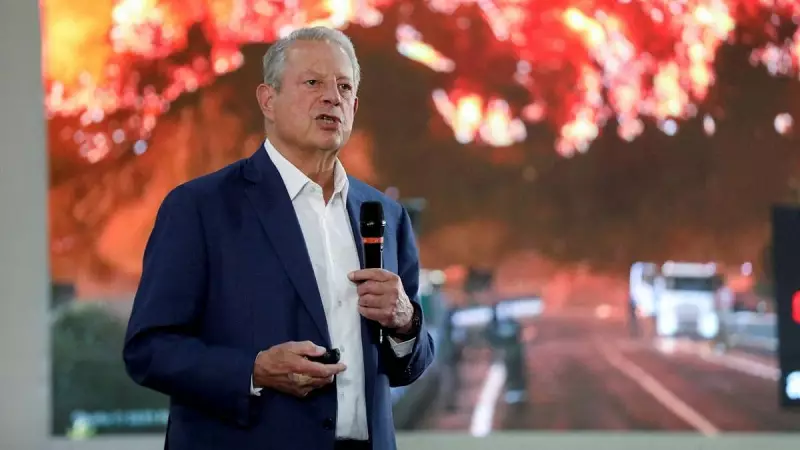
Indigenous activists made headlines at the COP30 climate summit by staging a dramatic protest incursion, defending their actions as necessary to amplify urgent climate concerns. The protest unfolded as crucial climate negotiations continued, with former US Vice President Al Gore delivering his annual climate presentation to world leaders.
Indigenous Activists Take Center Stage
The protest saw Indigenous representatives forcefully enter summit proceedings, arguing that their traditional voices have been systematically excluded from climate discussions that directly impact their communities and territories. The demonstrators maintained their actions were justified given the escalating climate crisis and the slow pace of international action.
These activists represent communities on the frontlines of climate change, many of whom have preserved biodiverse ecosystems for generations. Their dramatic intervention highlighted growing frustration with what they describe as token inclusion in climate negotiations that determine the fate of their ancestral lands.
Al Gore's Climate Presentation Amid US Absence
Former US Vice President Al Gore delivered his much-anticipated annual climate address to summit participants, presenting updated data on global warming trends and mitigation strategies. Gore's presentation came amid significant controversy surrounding the United States' official position at the summit.
The United States notably snubbed this year's critical climate talks, a decision that drew sharp criticism from environmental groups and participating nations. This absence is particularly significant given that the US holds the distinction of being the world's largest historical polluter since the Industrial Revolution began.
Global Implications and Ongoing Negotiations
Climate negotiations continued despite the protests and political tensions, with delegates working to advance agreements on emissions reductions, climate financing, and adaptation strategies. The summit represents a crucial milestone in global climate efforts, coming at a time when scientific warnings about climate tipping points have grown increasingly urgent.
The Indigenous protest and US absence have cast a shadow over proceedings, raising questions about the inclusivity and effectiveness of international climate diplomacy. Many developing nations expressed disappointment with the US decision to skip the summit, noting that historical responsibility should translate to present-day leadership in addressing the climate crisis.
As talks proceed, all eyes remain on whether the disruption will catalyze more ambitious climate action or further complicate already challenging negotiations. The events underscore the growing tension between established diplomatic processes and the demands of those most affected by climate change.





